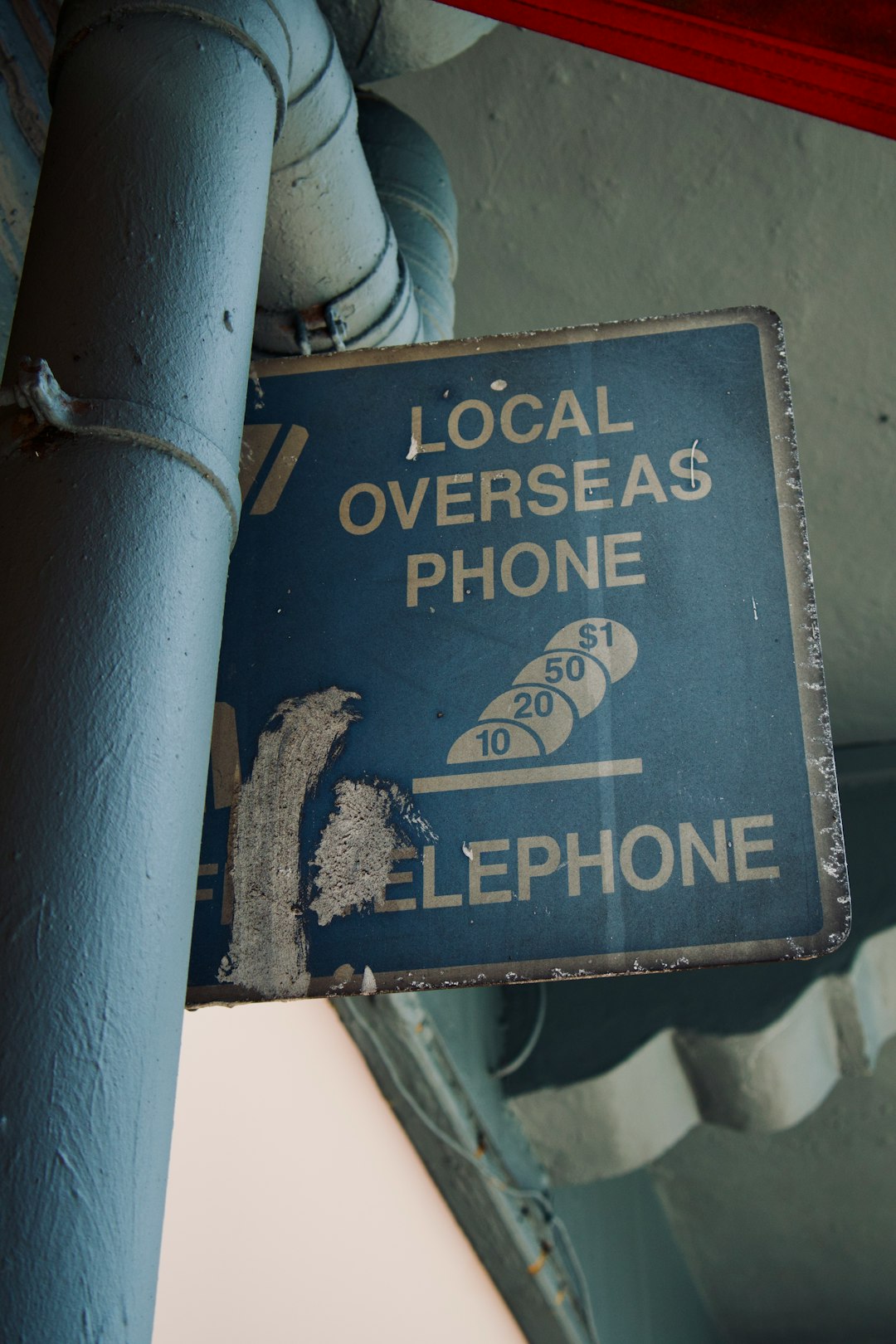Oregon businesses engaged in telemarketing must adhere to TCPA guidelines regarding Do Not Call lists to avoid legal penalties and protect customer privacy. Maintaining accurate internal DNC lists, tracking opt-out requests, and consulting a qualified Do Not Call Attorney Oregon are essential for compliance, fostering trust, and preventing class-action lawsuits.
In today’s strict regulatory environment, businesses in Oregon must navigate the Telephone Consumer Protection Act (TCPA) to avoid significant penalties. A key aspect of the TCPA is the requirement to maintain internal Do Not Call (DNC) lists, protecting consumers from unwanted telemarketing calls. This article delves into the intricacies of the TCPA and its impact on businesses, emphasizing the importance of robust DNC list management practices. We explore legal obligations, enforcement strategies, and best practices for Oregon businesses, with a focus on compliance and the role of a Do Not Call Attorney Oregon to steer through these regulations.
Understanding TCPA and Its Impact on Businesses

The Telephone Consumer Protection Act (TCPA) is a federal law designed to protect consumers from unwanted phone calls, texts, and faxes. For businesses engaging in telemarketing activities, understanding and adhering to TCPA regulations is paramount to avoid legal repercussions. Non-compliance can result in significant financial penalties, damaging the company’s reputation, and even leading to class-action lawsuits.
In Oregon, as in many other states, businesses must implement robust internal Do Not Call (DNC) lists to ensure they respect consumer choices. A Do Not Call Attorney Oregon can guide companies on creating, maintaining, and utilizing these lists effectively. This involves training staff on TCPA compliance, employing technology to block calls to DNC numbers, and promptly updating the list as consumers opt out or change their minds. Such proactive measures not only safeguard businesses from legal issues but also foster trust and positive relationships with customers.
The Importance of Internal Do Not Call Lists

Maintaining internal Do Not Call lists is a crucial aspect of compliance with the Telephone Consumer Protection Act (TCPA). As a Do Not Call Attorney in Oregon, I often emphasize this point to businesses due to its significant impact on consumer privacy and legal protection. The TCPA restricts telemarketing practices and provides consumers with the right to opt-out of unwanted calls, ensuring their peace of mind.
Internal lists help organizations identify and honor these consumer preferences. By keeping track of numbers that have requested not to be contacted, businesses can avoid potential legal repercussions and maintain a positive customer relationship. This proactive approach is essential for any company engaging in telemarketing activities, ensuring compliance and fostering trust with their Oregon-based clients.
How to Effectively Maintain These Lists

Maintaining an accurate and up-to-date internal Do Not Call list is paramount for businesses, especially in light of regulations like the TCPA. A dedicated team or individual should be responsible for regularly reviewing and updating this list to ensure its effectiveness. This involves cross-referencing customer opt-out requests from various sources—such as marketing campaigns, sales interactions, and online forms—and promptly adding or removing numbers accordingly.
Implementing robust data management practices is crucial. Utilize advanced software tools designed to automate the process of collecting, organizing, and filtering out invalid or duplicate entries. Regularly reviewing call records and customer feedback can also help identify numbers that should be added or removed from the list. A Do Not Call Attorney Oregon can guide businesses in establishing and maintaining these internal lists, ensuring compliance with legal requirements.
Legal Obligations for Oregon Businesses

Oregon businesses, particularly those engaging in telemarketing or phone sales, have specific legal obligations under the Telephone Consumer Protection Act (TCPA). One key requirement is to maintain internal Do Not Call lists, ensuring compliance with consumer preferences. A qualified Oregon Do Not Call Attorney can assist in navigating these complex regulations.
Companies must respect consumer choices and avoid making calls to telephone numbers listed on national Do Not Call registries or individual state-specific lists, including Oregon’s. Failure to adhere to these rules can result in significant financial penalties and damage to a company’s reputation. Therefore, it is crucial for businesses operating in Oregon to implement robust systems for tracking and honoring customer opt-outs, thereby fostering trust and avoiding legal pitfalls with the help of legal counsel specialised in Do Not Call Attorney Oregon practices.
Enforcing and Updating Your Do Not Call List Policies

Enforcing and updating your Do Not Call list policies is a crucial aspect of complying with the TCPA. As a business, it’s essential to establish clear procedures for maintaining this internal registry. Start by designating specific team members responsible for regularly reviewing and managing the list. This could be an in-house compliance officer or a designated legal team member. They should be tasked with cross-referencing customer data against the Do Not Call Registry and updating your internal records accordingly.
Regular updates are key; ensure your list is dynamic by integrating it with new customer interactions and opt-out requests. Oregon Do Not Call Attorney expertise can guide businesses in implementing effective systems, ensuring compliance, and avoiding potential legal repercussions for unintended calls to registered numbers.






